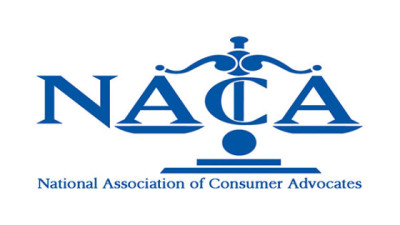
"When an honestly mistaken person is shown the truth, they will either stop being mistaken, or they will stop being honest."
- Anonymous
Some people are victims of fraud or identity theft. Others may fall
behind in their bills when they or their partner lose their job or get
sick. When these things happen, creditors sometimes sell the account to
a debt buying company, typically for less than five cents on the dollar.
The debt buyer then sues the consumer for the full balance on the
account, plus interest, court costs, and attorney's fees.
When this happens, most people don't know what to do, so they make one
of two big mistakes.
Mistake #1: They don't go to court, so the debt buyer automatically
wins, or
Mistake #2. They pay off the debt buyer.
Don't make these mistakes. The truth is, in many cases, the debt buyer
is NOT entitled to ANY money from the consumer. There are many legal
reasons for this, and they are particular to each case. But when
propertly confronted by a highly skilled attorney with a deep
understanding of this area of law, the debt buying company often
collects nothing.
The Fair Debt Collection Practices Act (FDCPA)

Additionally, the debt buyer must follow certain laws when it tries to collect a debt. These laws are designed to make sure that the debt buyers play fair. But some debt buyers break these laws. One of these laws is the Fair Debt Collection Practices Act (the FDCPA), and it lays out what a debt buyer can do, and what it cannot do, when trying to collect a debt. When a debt buyer violates the FDCPA, the law can force the debt buyer to pay a fine to you, the consumer. Contact my office to learn more about your rights as a consumer. You can also click on the blue and white NACA logo to go to the National Association of Consumer Advocates' website, to learn more.